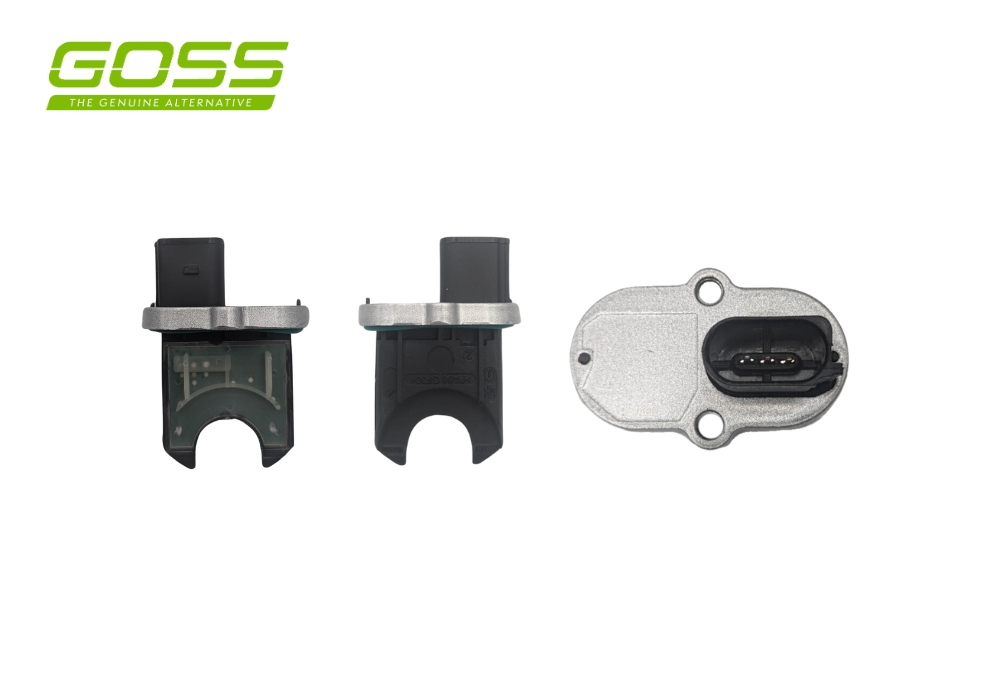Steering Angle Sensor
ADAS (Advanced Driver Assistance Systems) are technologies designed to enhance vehicle safety and improve driving experience. These systems use sensors, cameras, radar, lidar, and software to monitor the vehicle's surroundings and assist the driver in various tasks.
The benefits of ADAS include improved safety, driver convenience and vehicle efficiency.
A Steering Angle Sensor (SAS) forms part of the ADAS systems. Critical in modern vehicles it provides essential data for ensuring vehicle safety and control. The SAS detects the steering wheel position and monitors the angle and direction of the steering wheel to determine its exact position. As well as measuring how quickly, the steering wheel is being turned.
The Steering Angle Sensor (SAS) supports the following functions:
- Stability and Traction control
- Electronic Stability Control (ESC) system to detect understeer or oversteer.
- Traction control system (TCS) adjusting power and braking to maintain stability.
- ADAS Integration - Provides input for systems like lane-keeping assist, adaptive cruise control, and parking assistance.
- SAS data is used by electric power steering (EPS) to provide appropriate steering effort based on the driving conditions.
Why do Steering Angle Sensors Fail
- Wear and tear, leading to inaccuracies or failure.
- Corrosion, damaged wiring, or faulty connections in the electrical system preventing proper communication.
- Damage to the steering column, often from collisions or improper repairs, can compromise the sensor.
- Incorrect software updates or calibration issues.
- Dust, moisture, or debris entering the sensor housing.
- Many SAS units rely on Hall effect or other magnetic sensing technologies, which can fail if magnets become demagnetized or disrupted.
Symptoms of SAS Failure
- ESC, TCS, or EPS warning lights illuminate on the dashboard.
- Check Engine Light.
- Poor Handling
- Increased difficulty in steering.
- Lane-keeping assistance or parking sensors might not function properly.
- Inconsistent Steering Behavior
- Delayed or unresponsive steering feedback.
Goss have a range of Steering Angle Sensors, and as with all Goss products they offer a quality product, manufactured to meet or exceed industry standards, delivering accuracy, reliability, and performance.
Offering the automotive aftermarket a true genuine alternative and a quality repair.


